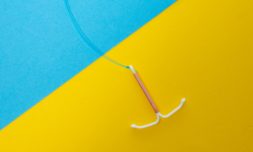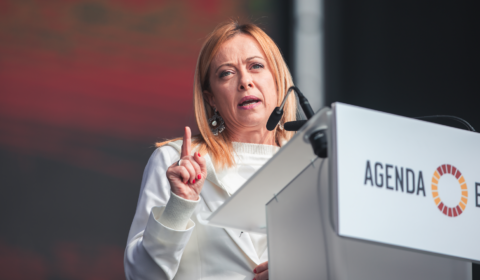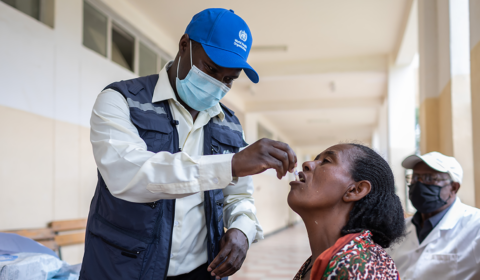Why is this important?
Making the minipill easily available signifies a change in public attitudes towards sexual health and women’s autonomy.
By stark contrast, the pill was only prescribed to married women for the first six years it was rolled out.
Today, women and girls having an ease of access to contraceptives is considered amongst the basics of heath care – at least in the West.
This breakthrough in convenience is especially important, as it was reported last year that cuts to public health budgets have made obtaining oral contraception a lengthy process.
Between 2015-2018, the UK’s sexual and reproductive health system lost £81.2 million in funding, with contraceptive budgets reduced by 13 percent – a loss of £25.9 million.
The diminished funding also affected trans men and non-binary individuals.
Out of 151 councils in England, 72 planned cuts to funding in 2018-2019, which led to reduced opening hours, further travel distance for patients, or complete closure of health facilities.
This means longer wait times for appointments and shorter meeting times with GPs due to the high level of demand.
In Cheshire, free access to emergency contraceptives in pharmacies were capped at women aged 25 years old to preserve budgets.
How does access to contraception affect women’s lives?
The ability to access a birth control method such as the pill is important as it provides people with the opportunity to make decisions about their future on their own terms.
With access to contraception, women can choose to delay having children to pursue both their education and career goals.
In places where contraception is difficult to obtain, education rates and financial earnings are lower for women in their 20s, as women stay home to become the primary caretaker of their young.
This was especially evident as birth control moved into the mainstream during the 1970s, when a large percentage of women abandoned traditional roles and began pursuing professional fields such as medicine and law.
Women making the decision to have children today are more likely to be highly educated, and babies are also likely to be born into financially stable families.
Overall, adequate family planning programs lead to fewer births in local communities – as women not on birth control tend to have more children in a shorter time period.
The high cost of raising numerous children means rates of those living in poverty increases.
With abortion rates on the rise in England and Wales and obtaining contraception made complicated during the pandemic, the ruling to make the minipill affordable and available at local pharmacies has been described as a ‘landmark decision’.
Further accessibility could be on way in coming years, as The Faculty of Sexual and Reproductive Healthcare, Asha Kasliwal, says ‘buying contraception should definitely not be the only solution.’ She says her team plans to continue to advocate for completely free contraception for all in the future.





















